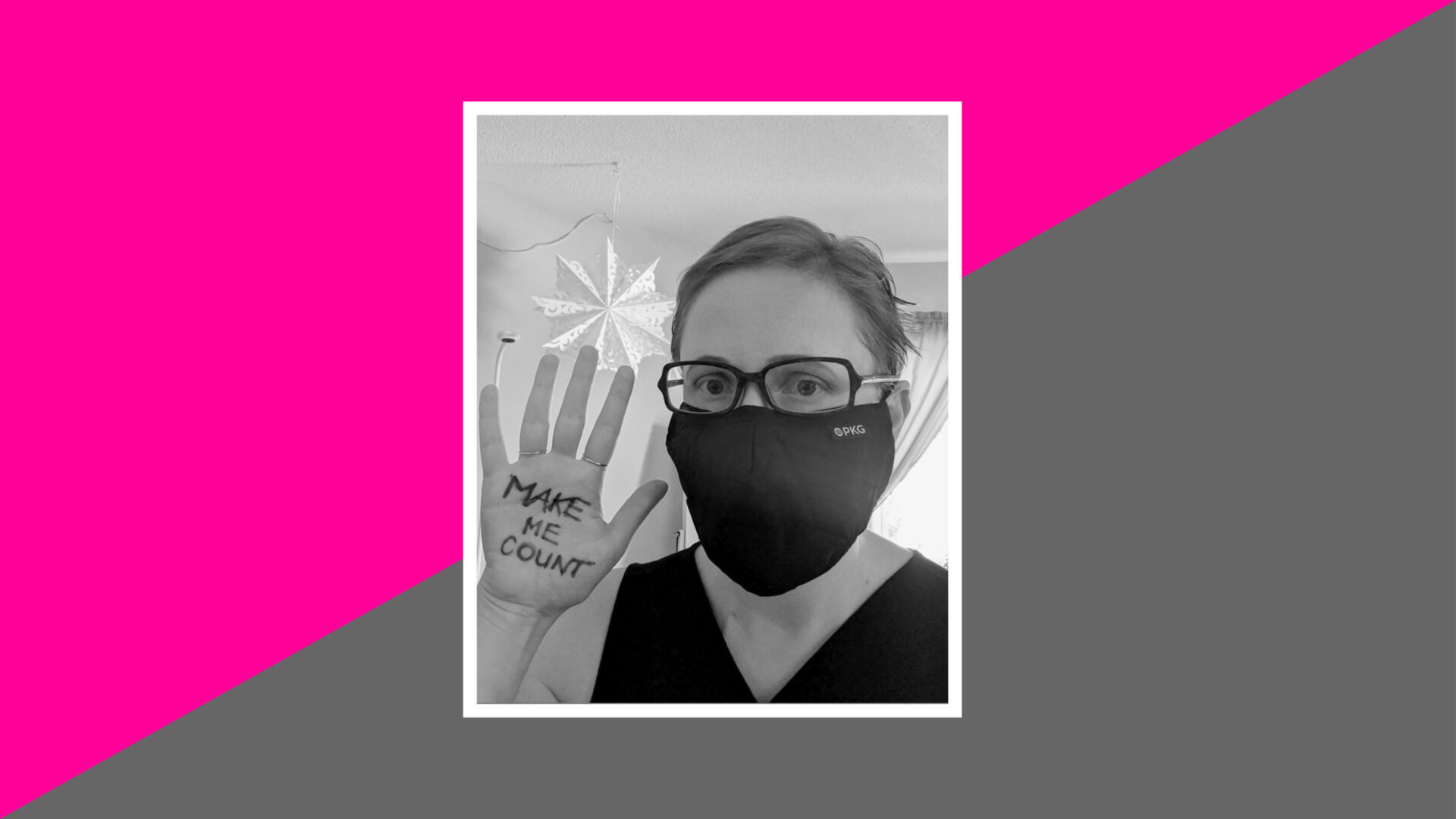Why I Want To Count
4 MINS to read

When I first found out I had metastatic breast cancer I did what every patient does and panicked.
The reason an MBC patient panics is because they are faced with some very stark information. The statistic of 20-30% five year survival rate is very jarring. When you read that, you realize that means only about 1 in 5 people live beyond the five years after diagnosis. The median survival is 2-3 years. Reading something like is very upsetting. I myself thought I was a goner in six months.
Doing further research, I realized the statistics are not what they seem. First of all, they are not current. The quoted numbers are from 2015, which means that you need to subtract five years. That data is from patients diagnosed in 2010. It’s been 10 years? Shouldn’t there be updated numbers? Several new treatments have been launched as well as new combinations of treatments. As a patient, you want to know what effect these additions and changes have on the survival statistics.
After I started treatment and the pain from the breaks in my bones started to calm down, I started to learn more and more about the specifics of my diagnosis. I wanted to know more details. I wanted to know more about patients with my exact diagnosis. Breast cancer is categorized according to hormone status and growth factor status. I am triple positive. I read that this was an extremely aggressive type but that there are great targeted therapies. Was it common that it spread so fast after early stage diagnosis? How common is this during pregnancy? Are there differences in survival depending on where the cancer metastasized to? All I found was the same stuff. Old data. Not differentiated data. Or even worse, no data.
I spent my 20s doing research. I worked on my doctorate in Pharmaceutical Sciences at University of Toronto. I saw plenty of presentations on new treatments and learned about new possible drug targets. I know that many researchers are working hard to answer questions and I figured my questions were basic information that should be known. Eventually, I learned about the missing data.
Do I even count? I learned that the only MBC patients that are truly counted in the healthcare data systems are the ones that are diagnosed de novo. Does this mean that I, who was diagnosed in September as stage 1B and one month later as stage 4, don’t count? What group am I part of? If I want to find how patients like me end up, I can’t say exactly because the data is not available.
On an individual level, when we hear data, we automatically tend to think of hackers getting our passwords and stealing our money. Or getting into our phones and taking our photos. Or using our search data to show us targeted advertising. But there is data out there that could really help MBC patients. Ultimately, I want to know what treatment works best for my type of cancer but first this data needs to be collected.
Bottom line is, I want to count. The details of how this is achieved are not easy. There are individuals and organizations with the resources and know-how to unleash what’s hiding in the data. What needs to be collected and what is important to know? And how will it improve the outcomes and survivals of women like me with MBC. I just want to count and I want to know what I can do to be around longer. If we want to change the median survival stats, we need to to make MBC count. – Margaret Loniewska